Impact measurement has become increasingly important in recent years as investors and companies seek to understand and communicate the social and environmental impacts of their investments and operations. By measuring impact, investors and companies can identify areas for improvement, track progress over time, and demonstrate their commitment to sustainability and responsible investing.
At BlueOrchard, we have been at the forefront of impact management for over two decades, exploring new frontiers in impact management such as data, technology, and the application of impact measurement metrics in private and public markets. We believe that integrity is the most important aspect of impact management, and we have proven ourselves time and again as an investment platform for those seeking true impact. Our diverse and global team is made up of professionals from different cultures, nationalities, and backgrounds, spread across seven offices on four continents.
The year 2022 presented particular challenges for investors, such as inflation, rising interest rates, and armed conflicts. Despite these challenges, emerging markets have shown stronger economic performance than many expected, prompting investors not to overlook their potential. At BlueOrchard, we are pleased to have increased our outreach even further during these times, and we remain committed to delivering true impact to our clients.
We thank you for your continued support and trust in BlueOrchard.
Across the world and, particularly, in emerging and frontier markets, individuals excluded from financial services are among the poorest of the population. BlueOrchard’s support for a sound, sustainable, and inclusive financial sector is thus crucial to reach the underserved, thanks to investments that support job creation, female empowerment, and reduction of inequalities.
Figures as of December 2022; Source: BlueOrchard
0
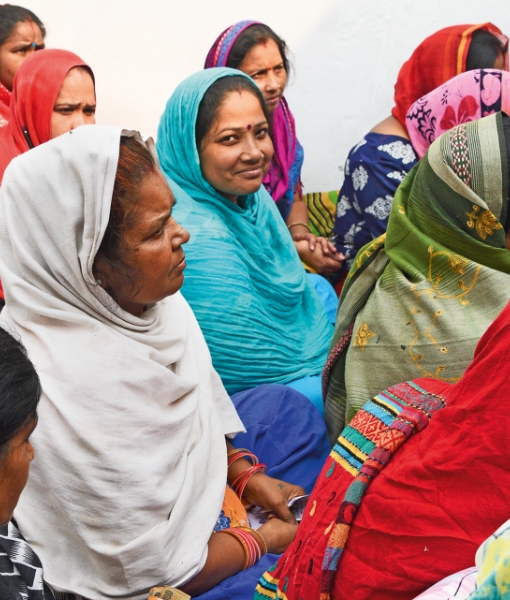
0
0
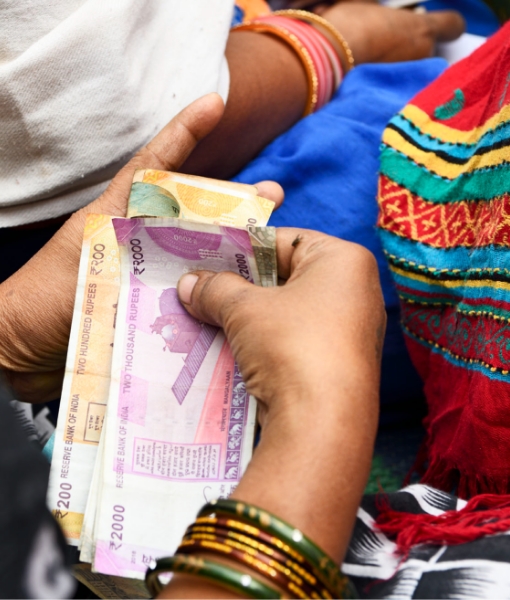
USD 0
0 %
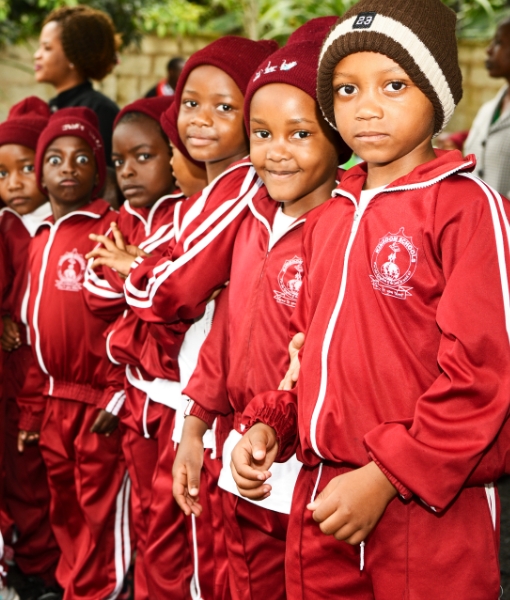
Education is key for a self-determined life and a prosperous and inclusive society. By financing loans to students, learners, and education providers in Africa, BlueOrchard fosters affordable and quality education.
0
Developing countries are the most vulnerable to the consequences of climate change and have the fewest resources to cope with them. With its investments in climate change adaptation and mitigation, BlueOrchard aims at strengthening the resilience of vulnerable households and MSMEs to extreme weather events, as well as financing a sustainable and low-carbon future.
Figures as of December 2022; Source: BlueOrchard
0
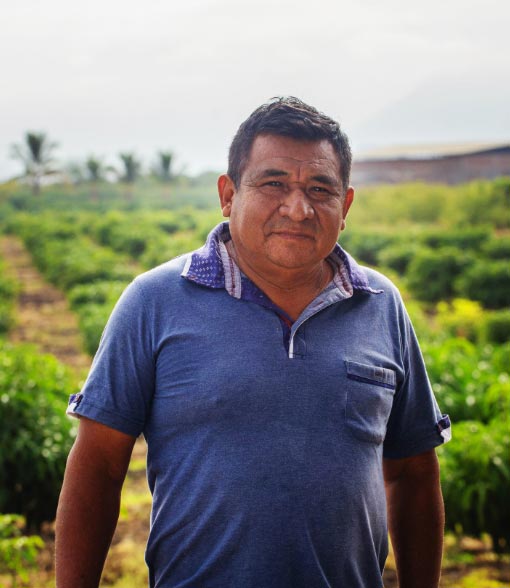
0
0
Since our inception, we have invested in over 80 countries in Africa, Latin America, Central and Eastern Europe, and Asia through our private debt portfolio.*
Through our bonds portfolio, we have invested in over 55 countries (as of December 2022).
We invest in institutions that share our values and that consider positive social and environmental impact essential to their mission.
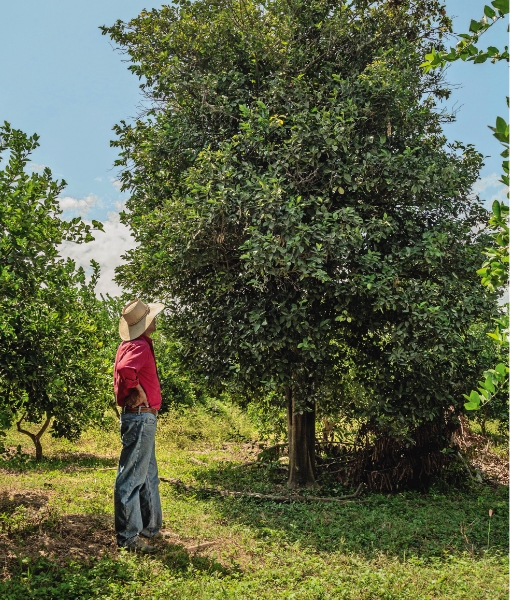
We are a leading global impact investment manager, connecting millions of entrepreneurs in emerging and frontier markets with investors. Our aim is to make impact investment solutions accessible to all, advancing the conscious use of capital. BlueOrchard-managed funds generate a positive impact on society and/or the planet, consistently measured across all our offering.
Being a global company with a local presence, BlueOrchard has for more than 20 years established and maintained a strong network of institutions which is fundamental to deliver on the company’s multiple impact goals.
Private assets portfolio figures since inception; Public assets portfolio figures as of December 2022; Source: BlueOrchard
0
0
0
We are a trusted partner of major development institutions as well as other key players, and we actively promote industry best practices through leading initiatives.*
*Logos are the property of their respective entities.
BlueOrchard is deeply committed to contributing to the achievement of the SDGs. With our investments, we address 14 out of the 17 SDGs. Read here how we make a positive contribution to each of these goals.
SDG 1
No Poverty
Access to financial services (including microfinance) is considered an enabler to end poverty. We include the number of poor and vulnerable that have been given access to microfinance and related financial product and services in less developed countries.
SDG 2
Zero Hunger
Access to financial services to small-scale food producers is considered an enabler to achieve food security and promote sustainable agriculture. We include the number of small-scale farmers that have been given access to financial services in less developed and frontier markets.
SDG 3
Good Health
and Well-Being
Access to financial and related products and services tailored to affordable healthcare is instrumental to improve universal health coverage. We contribute to SDG 3 by funding institutions with an earmarked healthcare portfolio addressing the needs of the poor and vulnerable in emerging and frontier markets.
SDG 4
Quality Education
We invest in institutions that offer education financial services to low income households in less developed and frontier markets. We measure contribution by i) the number of beneficiaries that receive MSME loans for primary, secondary and tertiary education, ii) the number of loans to affordable private education providers in Africa, and iii) the number of Technical Assistance projects funded.
SDG 5
Gender Equality
Financial inclusion provides women with greater economic empowerment. We measure the number of women that receive MSME financial services and the number of investees that offer tailored MSME financial services to women.
SDG 6
Clean Water
and Sanitation
Providing access to clean water and sanitation services is a basic human right and is key for people’s health in emerging and frontier markets. We contribute to SDG 6 by targeting organisations that improve access to drinking water or install waste water treatment plants.
SDG 7
Affordable and
Clean Energy
Access to energy, while taking care of the environment, is crucial for sustainable development. We target organisations that advance solar or wind energy with a focus on emerging markets.
SDG 8
Decent Work and
Economic Growth
Access to financial services (including microfinance) is considered an enabler to promote growth of MSMEs and job creation. We measure the number of MSMEs that have access to loans and estimate the number of indirect jobs supported by MSMEs.
SDG 9
Industry, Innovation
and Infrastructure
We invest in the establishment and improvement of data infrastructure, such as new or improved communication connections, which are important to create an enabling environment for economic and social development.
SDG 10
Reduced
Inequalities
A well-balanced society is essential for sustainable development. We operate in frontier and emerging markets with a focus on ODA countries. Our investees focus to support inclusive businesses and entrepreneurship as part of their business models in LDC**, low, and middle income countries.
*Official development assistance; **Least developed countries
SDG 11
Sustainable Cities
and Communities
Cities are centre of human life and economic development. We target investees that focus on loans for affordable housing projects. We measure the number of affordable housing loans beneficiaries.
SDG 12
Responsible
Consumption and
Production
Meeting the world’s increasing demand for food and consumption goods while respecting the environment during the production process is a challenge yet to be solved. We contribute to SDG 12 by investing in waste management and recycling and basic infrastructure.
SDG 13
Climate Action
We target investees that contribute to the adaptation to climate change by improving access to and the use of insurance in developing countries. The aim is to reduce the vulnerability of micro, small and medium enterprises (MSME) as well as low-income households to extreme weather events. We measure the poor and vulnerable beneficiaries that have received climate insurance.
SDG 17
Partnerships for
the Goals
Mobilisation of private investments in developing and frontier markets is key to achieve sustainable objectives. Over time, we have specialized in blended finance structures, leveraging the capital invested to the benefit of emerging and frontier markets. We measure the volume of private investments directed to emerging economies.
BlueOrchard is committed to the development of the impact investing industry and to the alignment of its product offering to industry best practices.
LuxFLAG Microfinance label awarded for the first time to BOMF
BlueOrchard has been receiving it for BOMF and other funds in the following years as well
BlueOrchard launches first Social Performance Impact Reporting and Intelligence Tool (SPIRIT)
BlueOrchard becomes signatory to the UN Principles of Responsible Investments
BlueOrchard supports the creation of the SPI4 Alinus tool for Microfinance Institutions
BlueOrchard collaborates with GIIN to conceptualize the Navigating Impact Project
JAWEF qualifies for the 2x Challenge
BlueOrchard actively contributes to the conceptualization of the Operating Principles for Impact Management
BOMF independently verified in alignment with Operating Principles for Impact Management by Tideline/Bluemark
Covid-19 Support Fund and IIF qualify for the 2x Challenge
LuxFLAG Climate Finance label awarded to IIF
Towards Sustainability label awarded to IBF
BlueOrchard certified as carbon neutral company
BlueOrchard contributes to the conceptualization and launch of GIIN's IRIS+ Impact Core metrics system
BlueOrchard launches the B.Impact Framework
LuxFLAG Microfinance label awarded to REFFA and JAWEF
BlueOrchard's public asset B.impact framework independently verified in alignment with Operating Principles for Impact Management by Tideline/Bluemark
BlueOrchard joins 2XCollaborative, a group of the world’s leading gender impact investors.
The BlueOrchard team consists of experienced and versatile professionals in offices around the world, enabling BlueOrchard to operate effectively in its target markets. Our goal of inclusion is reflected in equal and fair employment opportunities. We strive to lead by example, promoting diversity and inclusion in our corporate approach.
Figures as of December 2022; Source: BlueOrchard
53%
of staff working
in regional offices
0
+
members
of staff
36
average
age
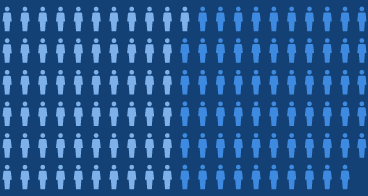
13 years of experience on average among investment professionals
Our investments address 13 out of the 17 SDGs. We also support projects contributing to complementary SDGs already tackled by our investment offering.
The BlueOrchard team raised money for the following charitable donations in 2022:
Akhuwat
Akhuwat has been active since 2001 and works on poverty alleviation. Across Pakistan, they have 5.4 million beneficiaries. We donated to Akhuwat in response to the catastrophic floods in Pakistan in 2022.
Miraclefeet
Miraclefeet was founded in 2010. They provide organisational, technical, and financial support to clinics to improve access to treatment for children with clubfoot in low- and middle-income countries. They have changed the lives of 70,000 children in 30 countries.
Kantha Bopha Foundation Children’s Hospital
The Kantha Bopha Foundation Children’s Hospital was established in 1992. Today it has 5 children’s hospitals in Cambodia and treats 85% of sick children in Cambodia free of charge.